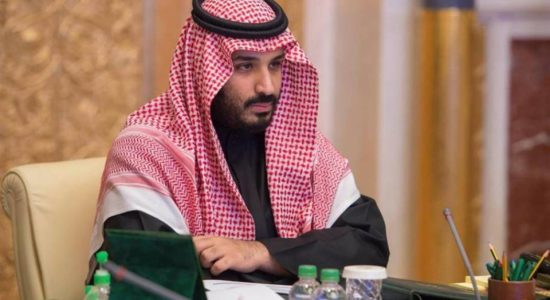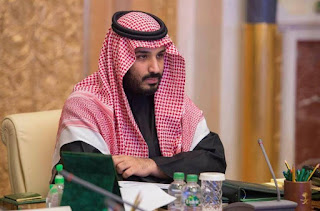Kurdistan’s referendum, what next?
The recent call for an independence referendum in Kurdistan has unsurprisingly triggered conflict between those who support independence and those who oppose. The debate is not new; in fact independence was touted for a similar time of year back in 201…





